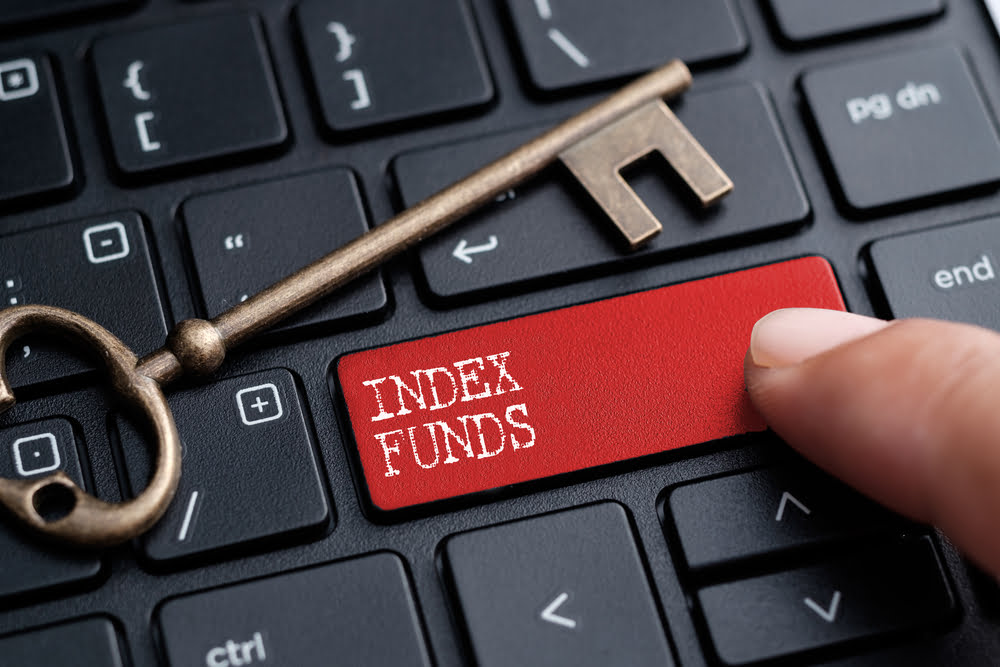Day trading cryptocurrency isn’t for everyone. For that reason, as well as to reach a new group of investors, many exchanges are launching their own crypto index funds. Managing multiple cryptocurrencies is time-consuming, with so many options available and so much research necessary.
Index funds are based on the overall performance of a group of assets, rather than one often volatile individual cryptocurrency. While it’s true that the crypto market as a whole remains volatile, index funds help spread this risk and remove some of the need to manage trading. While most have been restricted to US accredited investors with a large amount of capital available, new crypto indexes are coming. Here’s a look at what’s out there, who can invest, and what hurdles crypto index funds face moving forward.
Notable Cryptocurrency Index Funds
- Coinbase Index Fund LP (CBI) – Coinbase is already a global leader as an exchange, and thus it’s no surprise they were one of the first to offer an index fund. The Coinbase Index Fund is a collection of the top assets available on GDAX. Assets are weighted based on market cap and include a 2% management fee and a 0% performance fee. Redemptions can be made quarterly with a 30-day notice period.
- Who’s eligible: For now, US accredited investors with a $250,000 minimum investment
- HOLD 10 – This index is run by Bitwise and is composed of the top 10 cryptocurrencies weighted by 5-year diluted market cap. Assets are rebalanced on a monthly basis.
- Who’s eligible: US accredited investors with a $25,000 minimum investment
- Crypto20 – A tokenized index fund which automatically tracks the top 20 crypto assets using smart contracts. Investors are free to sell or exchange their tokens at any time. This fund automatically trades, which allows it to keep fees much lower than managed funds. There are no exit, broker or advice fees.
- Who’s eligible: Everyone but US citizens, according to an SEC disclaimer in fine print at the bottom of its website.
- The Cryptocurrencies Index (CCi30) – This index tracks the top 30 cryptocurrencies ranked by market capitalization, reweighting assets on a quarterly basis. The CCi30 uses an exponentially weighted moving average of market cap and is available through the Cryptos Fund, boasting a 0.99% management fee.
- Who’s eligible: Worldwide investors and qualified US investors
- Blockchain Index (BLX) – Available through Iconomi, BLX adjusts its asset list based on fundamental analysis. Weighting is based on the market cap of each asset. Management fees are 3%, and there is a 0.5% exit fee. There are no entry fees for this index, which is tokenized and available to both US and non-US investors.
- Who’s eligible: All investors
- Crush Crypto Core (CCC) – The CCC is designed for those who are looking to invest in undervalued, high-quality assets as a core holding. The list is composed mostly of assets that are deemed to have large real-world adoption. There is a 2.5% management fee, a 0.5% exit fee, and a 0% entry fee. This index is also tokenized and available to all investors.
- Who’s eligible: All investors
The Challenges Ahead
While index funds are a useful tool, regulatory approval presents the biggest barrier to expansion and access. Other options like crypto ETFs have struggled to get regulatory approval from the SEC. Among US citizens, requiring that investors be accredited presents a huge hurdle for the majority of investors.
One of the SEC’s main concerns about such funds is price manipulation. The total market cap of all cryptocurrencies is still orders of magnitude less than the estimated market cap of the S&P 500. This means that it is still relatively easy—at least compared to traditional stocks—for large investors to manipulate price movements, especially with smaller market cap cryptocurrencies.
Another big concern is a lack of security. While the decentralized nature of cryptocurrency makes it theoretically highly secure, the SEC is still wary about potentially unforeseen issues with the technology behind it. This may be more a lack of understanding than anything else.
The last notable issue with current cryptocurrency index funds relates to prospective investors. Management fees for crypto indexes tend to be in the 2-3% range, in contrast to traditional stock market fees which are often less than a percent.
As index funds for cryptocurrencies gain more regulatory approval and official recognition, they are sure to inspire more confidence and trust from both investors and the general public. This will also make these funds available to smaller investors on bigger platforms, opening the crypto markets to more and more people worldwide.

